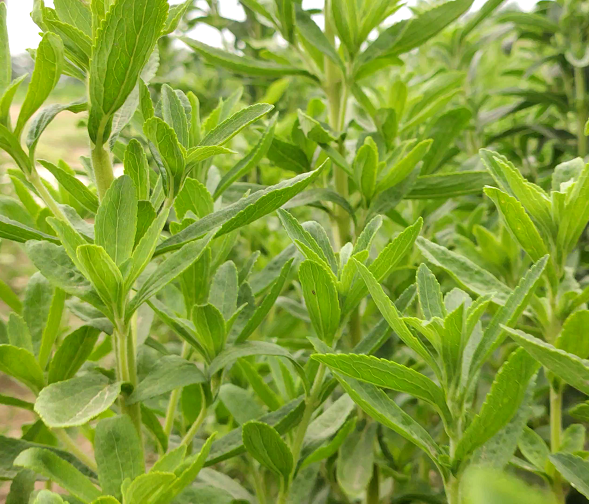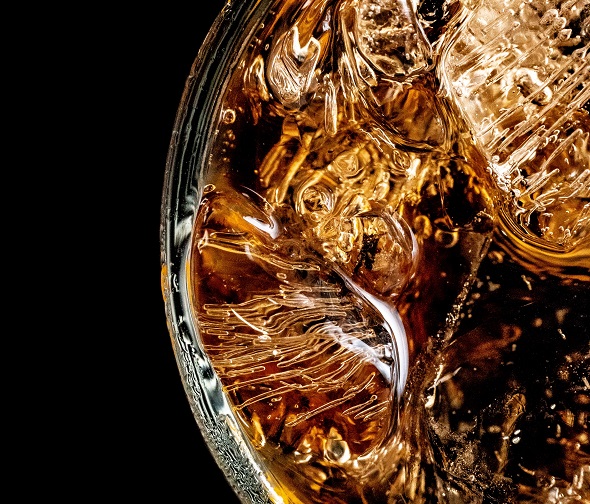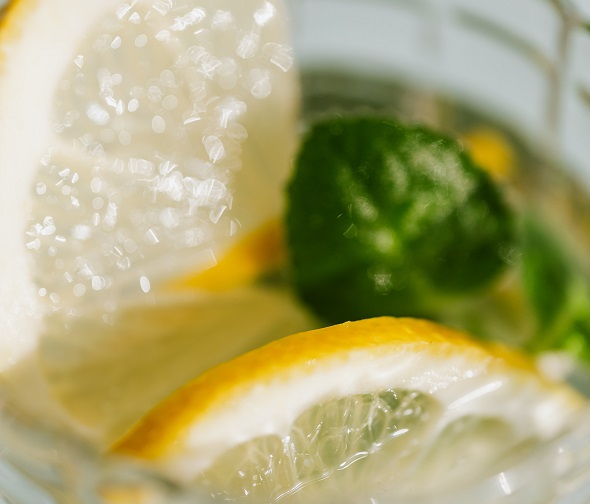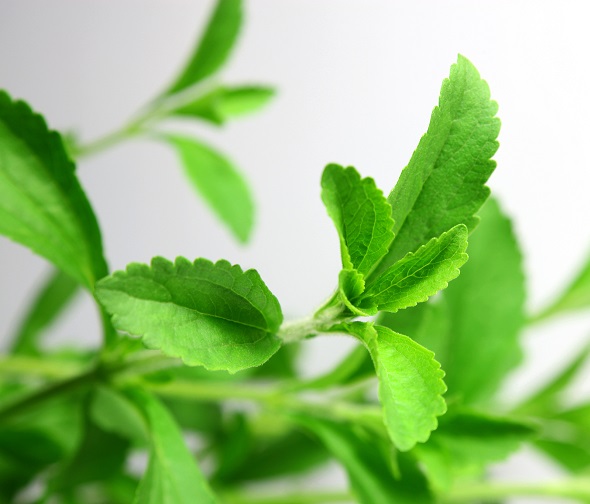
 South America has always been an important market for stevia, and not just because South America is the home of stevia, which is known to have originated in Paraguay, and is actually grown in many parts of South America.
South America has always been an important market for stevia, and not just because South America is the home of stevia, which is known to have originated in Paraguay, and is actually grown in many parts of South America. More because in the traditional use of stevia side, for the South American people, there is a very high acceptance. For a long time, 9560 has been the mainstream specification in South America. For this specification, firstly, it meets the regulations of Jecfa; secondly, its components are close to the natural components in stevia, so there is no need to do too much recombination and blending in the later stage, which can reduce the cost.
Since the beginning of this year, the South American stevia side as the raw material, its market has some changes, this change is mainly related to its consumption trend and application trend change.
 First, South America pays more attention to stevia side as a sweetener, the nature of the requirements and properties. For example, the color requirements are higher, but also maintain consistency. Second, it pays more attention to the taste of stevia, which is mainly reflected in the fullness and roundness of the taste and the consistency of the taste.
First, South America pays more attention to stevia side as a sweetener, the nature of the requirements and properties. For example, the color requirements are higher, but also maintain consistency. Second, it pays more attention to the taste of stevia, which is mainly reflected in the fullness and roundness of the taste and the consistency of the taste.  Thirdly, from the perspective of cost reduction, the sweetness multiple of stevia side will be taken into account. Generally speaking, when stevia side is used to replace sucrose, as a high-power sweetener, it can certainly reduce the cost of raw materials, which can have a significant cost reduction effect. Fourth, South American countries are paying more and more attention to safety indicators, such as pesticide residues, heavy metal residues, including bacterial colony residues and so on.
Thirdly, from the perspective of cost reduction, the sweetness multiple of stevia side will be taken into account. Generally speaking, when stevia side is used to replace sucrose, as a high-power sweetener, it can certainly reduce the cost of raw materials, which can have a significant cost reduction effect. Fourth, South American countries are paying more and more attention to safety indicators, such as pesticide residues, heavy metal residues, including bacterial colony residues and so on.
With regard to the South American market, it is well known that every food and beverage customer, including distributors, originally placed great emphasis on taste when dealing with users in specific markets. However, in the previous evaluation and application of taste, the foundation was still weak. Generally, the taste was separated by the content of total glycosides and monosaccharide. We believe that the glycoside of 97 is a relatively stable glycoside of RA97. 9560 stipulates that the content of RA among the total glycosides can determine its taste. However, with the continuous improvement of application over the years and the continuous improvement of compound flavor mask technology, people still pay attention to the consistency of taste.

 Because there are still differences in 9560 from different manufacturers, this difference may also be affected by the production process and raw materials when the total glycosides and monosaccharides are the same, which will be more important to large group customers.
Because there are still differences in 9560 from different manufacturers, this difference may also be affected by the production process and raw materials when the total glycosides and monosaccharides are the same, which will be more important to large group customers. Therefore, higher requirements are put forward for stevia side manufacturers to maintain a stable supply chain. Green stevia, for example, is self-grown, and stevia breeding and planting over a long period of time is fixed to maintain strict batch consistency. At the same time, it also put forward higher requirements for the process of manufacturers.
Ensure the continuity and consistency of the process:
If there is a change in the process, such as the drying process and the extraction process equipment, the manufacturer must do the evaluation of taste consistency in addition to the routine testing. To finally ensure the consistency of the taste.